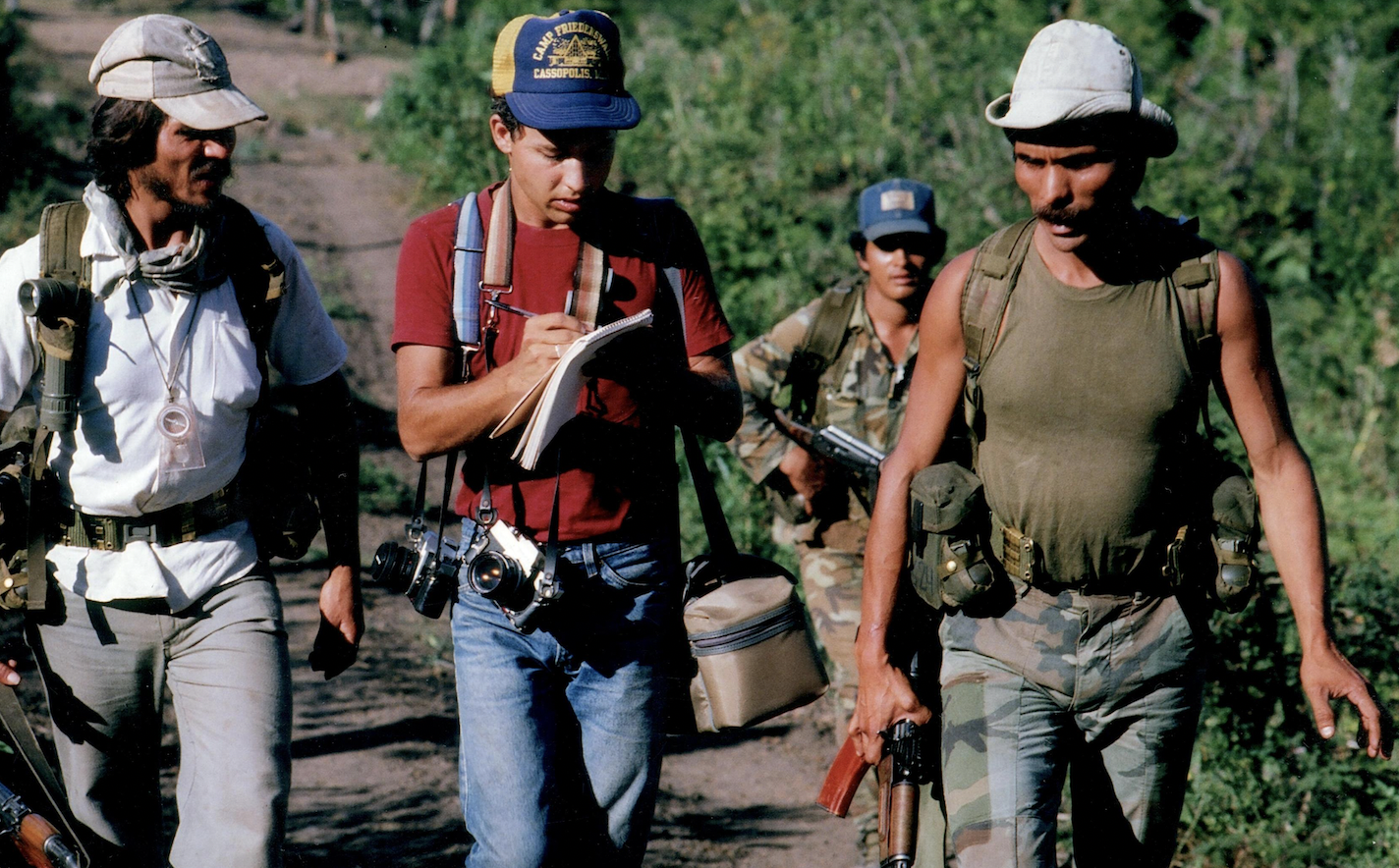When Doug Schirch attended Goshen College in the early 1980s, he couldn’t have predicted that he’d be a professor of chemistry here decades later. More surprising, however, was his first job after earning a doctorate in biochemistry: living in Nicaragua to record abuses committed by rebel groups that were supported by the U.S. government.
Schirch first traveled to Nicaragua for two weeks in graduate school. There, he was inspired by teachings from Gandhi and Martin Luther King Jr.“I was so shocked by what our country was doing to Nicaraguans that I felt absolutely compelled to return and help the movement working to end U.S. intervention,” he said. “A day after I submitted my Ph.D. dissertation, I boarded a plane to return to Central America.”
Understanding Schirch’s role in Nicaragua requires some background knowledge about Nicaraguan politics in the late 1900s. The Marxist Sandinista government, which came to power in 1979, had a number of right-wing opponents called the Contras who eventually united to form the Nicaraguan Resistance.
As part of the U.S. government’s desire at the end of the 20th century to end communism globally, the Reagan administration financially and militarily supported the Contras’ fight against the Marxist Nicaraguan government. Unbeknownst to much of the U.S. public, however, was the fact that the Contras often committed terrorist acts and human rights violations against civilians. Schirch’s role in Nicaragua was communicating the atrocities committed by the Contras to the U.S. press and public.
As opposed to working for either the Nicaragua or U.S. governments, Schirch worked for the ecumenical organization Witness for Peace, which “believes working for peace sometimes means taking risks in war zones.” This was necessary to document the human rights violations committed by the Contras.
However, he was clear that his role did not involve taking sides in the political conflict. “As outsiders opposed to intervention, it wasn’t our place to support any Nicaraguan party … Most Nicaraguans now want to throw out the Sandinista government, and I fully support their right to do so.”
Schirch was clear that his work in Nicaragua has left significant impacts on his life and worldview today. He and his wife Maria, who he met while in Nicaragua, have led seven international trips for GC including five semester-long SST units, helping students have powerful international experiences.
It has also shaped how he views the U.S. government today. “It opened my eyes … For many, when I shared what I witnessed in Nicaragua, they were sympathetic and asked how to help … until they realized their country was responsible.”
“That’s why I won’t stand for the national anthem. Jesus was explicit: don’t put anything else at the level of God, and loving your neighbors means not being tribalistic about where you were born.”
If possible, Schirch encourages students to consider international work or service. “Abandoning some comfort to immerse yourself in a foreign culture makes the rest of your life have a new dimension.”




